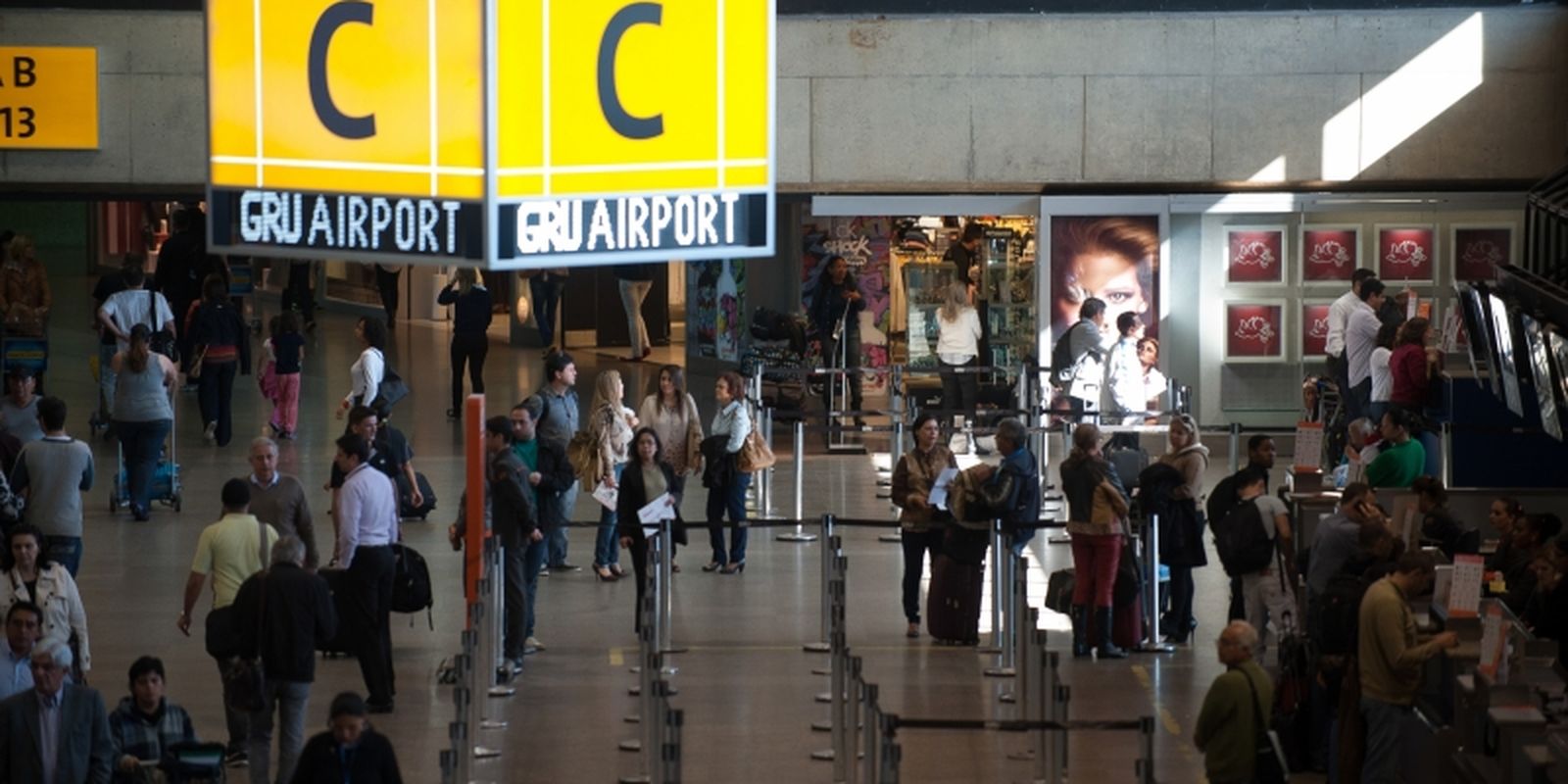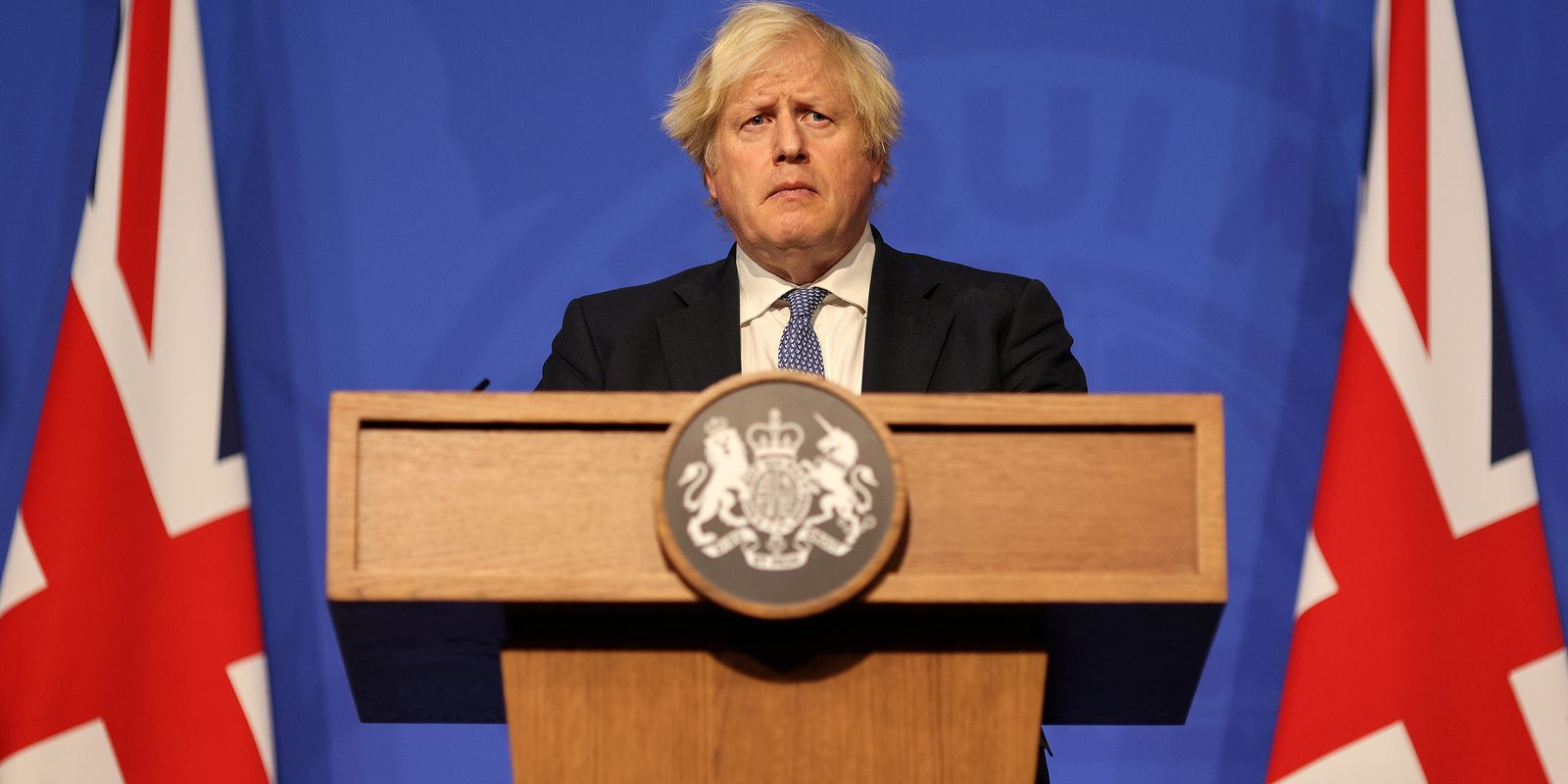A Canadian government proposal to reward news outlets for information reproduced on social media, approved last year, has generated serious side effects for society: Google and Meta/Facebook have jointly decided to remove the content of these companies from the distribution — leaving small media in difficulty and part of the population in ignorance of current events.
The measure even applies to businesses in other countries. Anyone who uses Instagram in Canada and tries to access the Instagram page The antagonist receives a warning that residents of the country cannot see the site’s publications (below). This also happens with other Brazilian press vehicles.
“In response to Government of Canada legislation, journalistic content cannot be viewed in Canada,” says the platform. In a more detailed explanation, the company goes further: “If you are in Canada, you can no longer share or post links on Instagram to Stories and profiles, including links to media.”.
The platform claims that its definition of who is press “includes organisations whose primary purpose is to produce journalistic content, in any format (including audio or audiovisual), that reports, investigates or explains current issues or events of public interest”. News produced worldwide also does not appear on Google News, the search platform.
Fierce struggle
The law, entitled only “Virtual Information Act” came into effect mid-last year. With the bill, the Canadian government sought to address an asymmetry between tech companies — primarily Google and Meta, which control platforms like Instagram and Facebook — and news outlets of all sizes in the country.
According to government calculations, Google should pay 172 million Canadian dollars (634.7 million reais)) to press vehicles per year, while Meta is expected to pay 62 million Canadian dollars (228.7 million reais).
“The purpose of this Act is to regulate digital information intermediaries, with the aim of making the digital information marketplace reasonable and ensuring its sustainability, including the sustainability of news media companies in Canada, whether they are businesses or not-for-profit organizations, including independent and local vehicles.”, justified the Parliament in the approved text.
The new law will come into force in three phases. Right now, a public consultation is open to decide how the negotiation model between the parties will take place. From there, the Canadian Radio, Television and Communications Commission will decide who will verify the issue and begin regulating the law.
The law was well received by the country’s press. “This is an important first step towards equalizing the imbalance between publishers and platforms and to preserve justice and ensure the sustainability of the Canadian media ecosystem,” said Jamie Irving of News Media Canada.
When the law was approved, Google and Meta immediately removed the journalistic content, thus avoiding paying for the distribution of the content. In a country where 29% of respondents use Facebook to check the news (and 10% use Instagram), the measurement of big tech It mainly affected small vehicles, which saw their access reduced by up to 90%, making them unviable.
“We are disappointed that it has come to this.” wrote Kent WalterDirector of Global Affairs at Google. “We do not take this decision or its impacts lightly, but it is important to be transparent with Canadian outlets and our users as soon as possible.”
Inspiration
One of the arguments in favor of approving the law was that other countries would be engaged in negotiations similar to those of the Canadians, notably Brazil, which is trying to include the issue in the Fake News Bill.
Arthur Lira (PP-AL), the President of the Chamber, tried in 2023 to unblock the proposal, which could include a compensation mechanism for the platforms big technology to squeeze vehicles. However, the opposition to the government blocked the text and the rapporteur, Orlando Silva (PCdoB-SP), acknowledged that The proposal would not materialize until 2024. So far, this has not come to fruition.

“Freelance communicator. Hardcore web practitioner. Entrepreneur. Total student. Beer ninja.”







